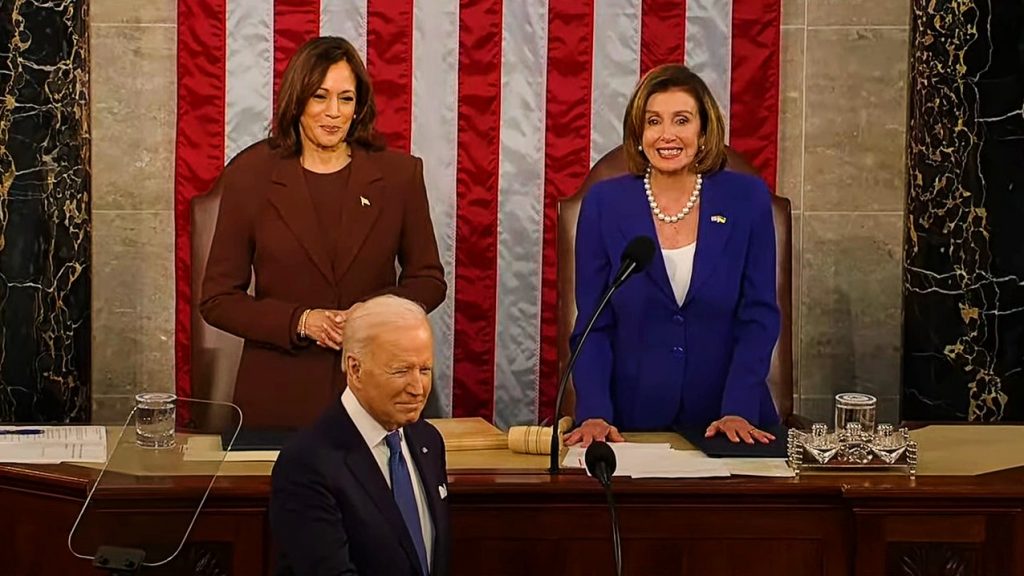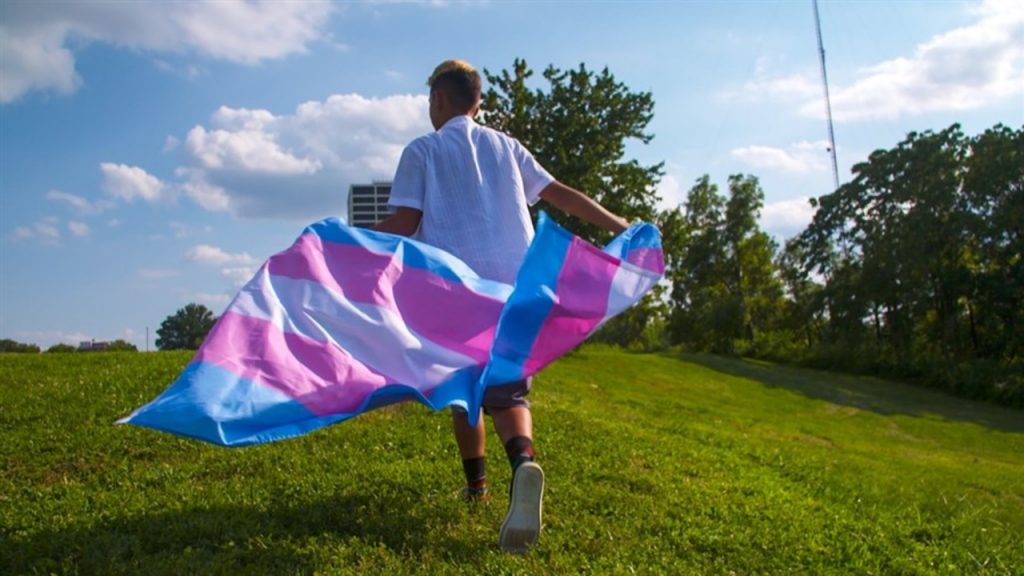Biden Announces New Resources for Transgender Students Amid State Bans
On the 13th annual Transgender Day of Visibility, President Biden announced initiatives to create more equality among transgender students.

The 13th Annual Transgender Day of Visibility came and went yesterday and with it, the Biden Administration announced a slew of initiatives and resources centered around creating more equality for transgender students and the transgender community in general. As part of the new initiatives, there are plans to expand training that focuses on the challenges transgender students face. The Biden Administration’s fact sheet highlights that ignoring transgender students’ issues, such as bullying at school, rejection, and the denial of healthcare, put transgender youth at an increased risk of mental health challenges and suicide.
These new initiatives come at a time when many states across the country are introducing legislation limiting teaching gender identity in public schools. New legislation is also requiring more transparency in public schools for parents regarding health and psychological issues concerning their children. The Biden Administration is going directly against what many states have introduced regarding transgender students.
Not only has The U.S. Department of Education’s Office of Safe and Supportive Schools included ideas on how schools can support transgender students, but they also have announced initiatives to help support transgender students’ mental health. These initiatives include a new resource website for youth, parents, and providers created by the Department of Health and Human Services (HHS); a guide from the HHS which confirms the positive impact that transgender students receive from gender-affirming care; a resource issued to parents and guardians, as well as others supporting transgender students and LGBTQ youth, by the HHS Office of the Assistant Secretary for Health detailing how big of an impact gender-affirming care makes; the National Child Traumatic Stress Network has created an information page for providers clarifying that gender-affirming care is neither malpractice nor maltreatment.

Although there has been plenty of legislation introduced in regards to transgender students, the potential harm these bills could cause is the reason Republican Utah Governor Spencer Cox vetoed a bill. The bill in question would ban transgender youth from participating in school sports. Of his veto decision, Cox wrote via The Washington Post, “Rarely has so much fear and anger been directed at so few. I don’t understand what they are going through or why they feel the way they do. But I want them to live. And all the research shows that even a little acceptance and connection can reduce suicidality significantly.”
Unfortunately, Cox’s veto of the bill didn’t last. A few days later, the Utah legislature overrode his decision. In a 56-18 supermajority House vote, followed by a 21-8 Senate vote, transgender girls are banned from participating in female school sports.
Utah isn’t the only state to make noise regarding transgender students. In Florida, Governor Ron DeSantis recently signed the controversial Parental Rights in Education law that bans public schools from teaching gender identity to children in kindergarten through third grade. In Texas, Governor Greg Abbot made it a directive to have licensed professionals, which he says includes school nurses and teachers, report any parent that gives their children gender-affirming healthcare.

The Biden Administration’s transgender student’s fact sheet shows the big divide between Republicans and Democrats and the ongoing fight. The battle line was even drawn by U.S. Secretary of Education Miquel Cardona, who is on the hot seat himself for his role in calling parents domestic terrorists, claims he will not “stand by idly” and watch the marginalization of LGBTQ students. So, which is it? Marginalization or protection?
Where do you see these matters going? On one hand, you have those who claim they are protecting children. On the other hand, you have those who claim they are protecting the rights of transgender students. Are either doing what they claim?







